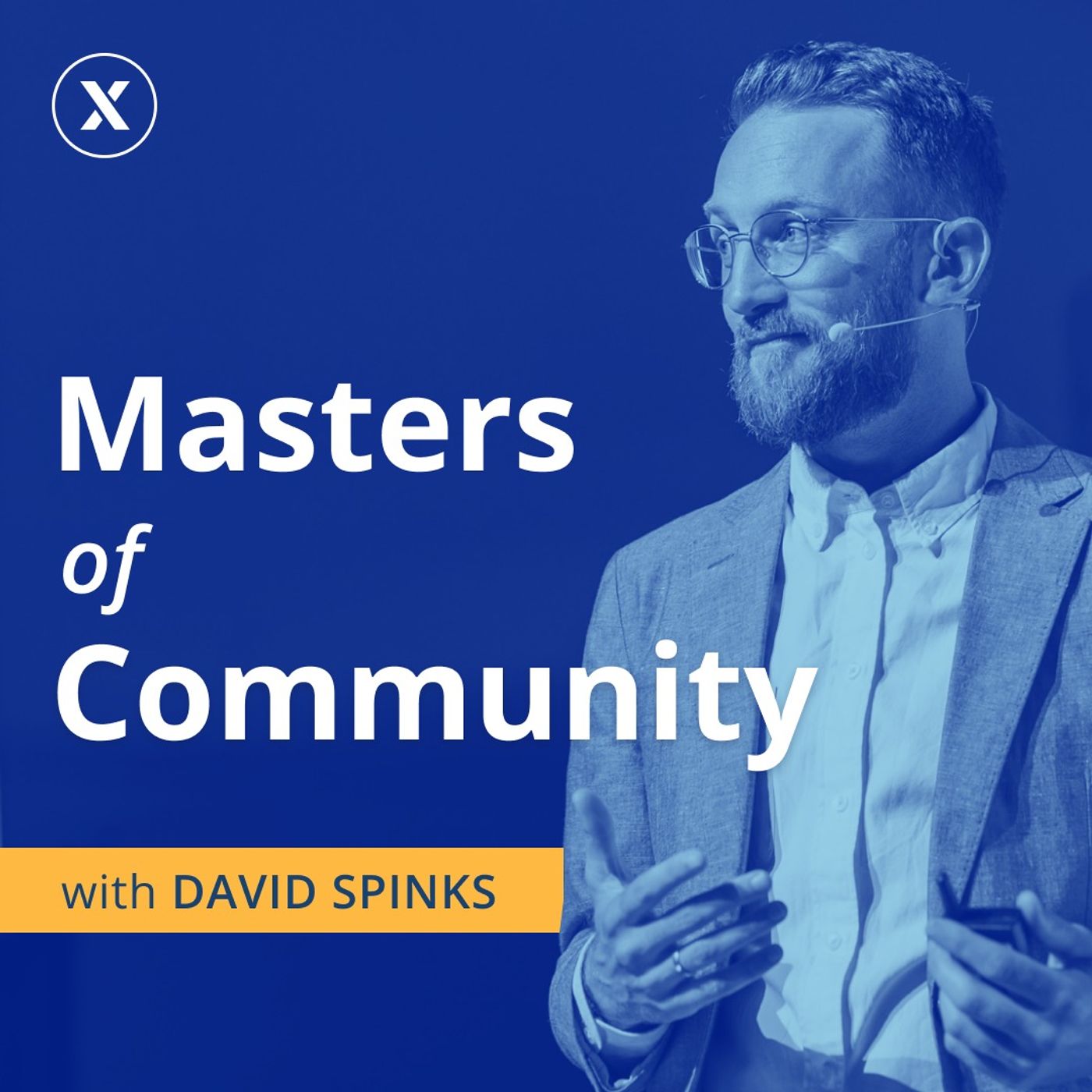How the Future of Community Can Be Found in the History of Open Source with Nadia Eghbal
November 17, 2020

Not often are experts in community deeply researching at a scholarly level how community works, our next guest Nadia Egbal does. She's the Head of Writer Experience at SubStack and the author of Working in Public, where she dives into the history and evolution of Open Source communities. They ended up laying the groundwork for how online communities outside of Open Source behaved and built culture. Not to mention, how that lead to people actually getting involved and becoming contributors (or not) in those communities. Even in the largest software projects or popular services like Wikipedia, a very small percentage of contributors make up most of the content available.
She also discusses a rarer topic in the world of community, intensive research. Stemming from her work with the Ford Foundation “Roads and Bridges: The Unseen Labor Behind Our Digital Infrastructure”, Nadia has taken an approach of dissecting how community works through a more academic lens. She shares how she sees this kind of research so impactful and how companies, venture capital firms and other institutions might be able to empower more of this kind of research and what those roles might look like. She also shares how she has brought this approach to SubStack and her current community of writers and content creators and the trends she is seeing in the world of written content.
Who is this episode for?:
B2C, Online, Scaling Communities
3 key takeaways:
- The stories and evolution of Open Source communities can tell us a lot about how our current online communities can evolve even outside the world of software.
- The majority of contributions come from a small number of highly engaged users, even from the largest crowd sources communities projects like Wikipedia.
- Implementing more research and research roles will help shape not only the communities of our companies but how we can build as a community industry.
Not often are experts in community deeply researching at a scholarly level how community works, our next guest Nadia Egbal does. She's the Head of Writer Experience at SubStack and the author of Working in Public, where she dives into the history and evolution of Open Source communities. They ended up laying the groundwork for how online communities outside of Open Source behaved and built culture. Not to mention, how that lead to people actually getting involved and becoming contributors (or not) in those communities. Even in the largest software projects or popular services like Wikipedia, a very small percentage of contributors make up most of the content available.
She also discusses a rarer topic in the world of community, intensive research. Stemming from her work with the Ford Foundation “Roads and Bridges: The Unseen Labor Behind Our Digital Infrastructure”, Nadia has taken an approach of dissecting how community works through a more academic lens. She shares how she sees this kind of research so impactful and how companies, venture capital firms and other institutions might be able to empower more of this kind of research and what those roles might look like. She also shares how she has brought this approach to SubStack and her current community of writers and content creators and the trends she is seeing in the world of written content.
Who is this episode for?:
B2C, Online, Scaling Communities
3 key takeaways:
- The stories and evolution of Open Source communities can tell us a lot about how our current online communities can evolve even outside the world of software.
- The majority of contributions come from a small number of highly engaged users, even from the largest crowd sources communities projects like Wikipedia.
- Implementing more research and research roles will help shape not only the communities of our companies but how we can build as a community industry.
Masters of Community is hand crafted by our friends over at: fame.so